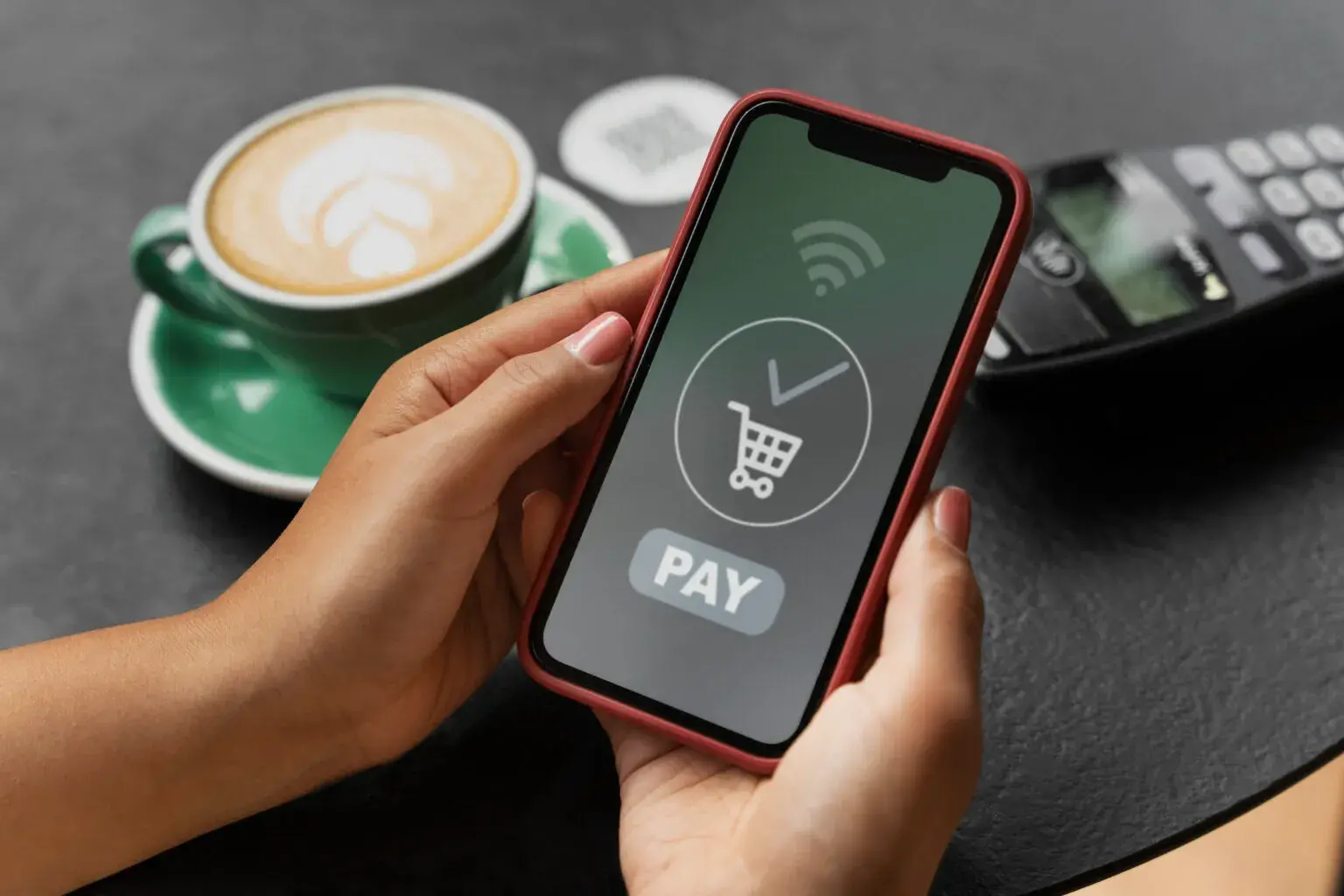Security is the most important consideration when integrating payment gateways. Whether you’re a small or large business, protecting sensitive financial data is critical for building trust and protecting your customers.
Here are a few security best practices to follow:
Encryption: Make sure that all data sent between your website or application and the payment gateway is encrypted with SSL/TLS protocols. This protects payment information from unauthorized access during transmission.
Tokenization: Use tokenization to replace sensitive cardholder data with individual tokens. This ensures that the token, even if intercepted, cannot be used to conduct transactions without the necessary authentication.
PCI DSS Compliance: Follow the Payment Card Industry Data Security Standard (PCI DSS) guidelines. This includes keeping the network secure, putting strong access control measures in place, monitoring and testing systems regularly, and so on.
Two-Factor Authentication: Two-factor authentication is required when accessing the payment gateway admin panel or performing sensitive operations. This adds an extra layer of security by requiring users to confirm their identity with a secondary form of authentication, such as a code sent to their mobile device.
Regular Security Audits: Perform regular security audits and vulnerability assessments to identify and address potential flaws in your payment gateway integration. This helps to prevent security breaches and maintains ongoing compliance with industry standards.
Fraud Detection and Prevention: Use robust fraud detection and prevention measures like velocity checks, geolocation tracking, and machine learning algorithms to detect and mitigate fraudulent transactions in real-time.
Secure Development Practices: When creating or customizing your payment gateway integration, use secure coding principles. This includes input validation, parameterized queries to protect against SQL injection attacks, and regular security code reviews.
Vendor Security Assessment: Before choosing a payment gateway provider, conduct a thorough security review of their infrastructure, policies, and procedures. Choose a reputable provider who has a proven track record of security and compliance.
Implementing these security best practices will improve the security of your payment gateway integration while also protecting your business and customers from potential threats and vulnerabilities.


